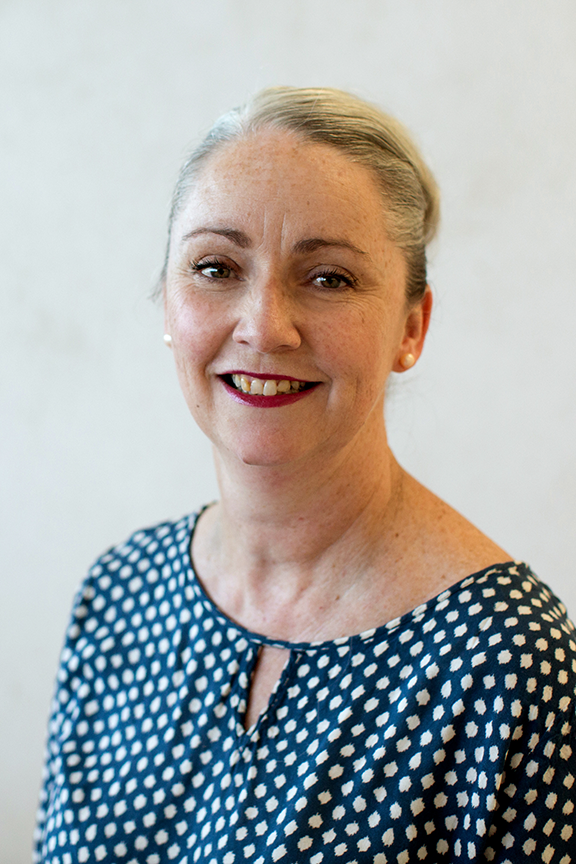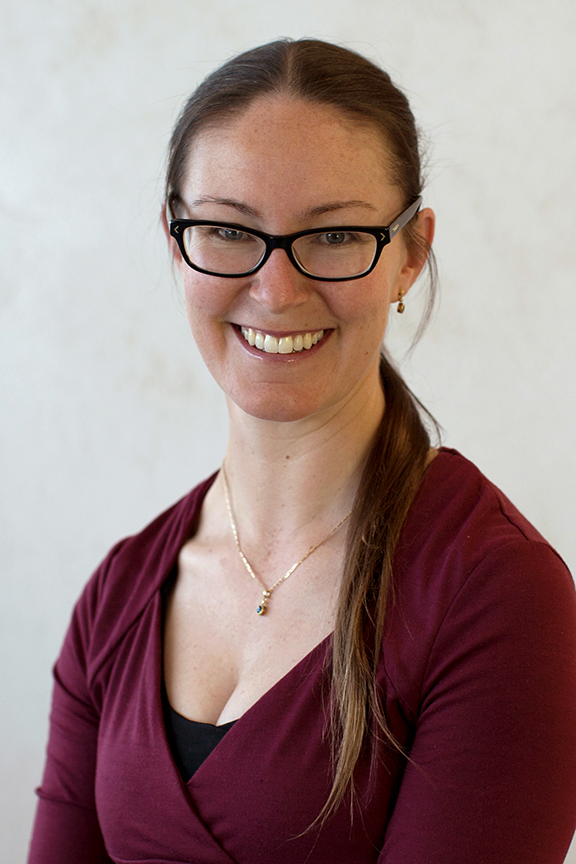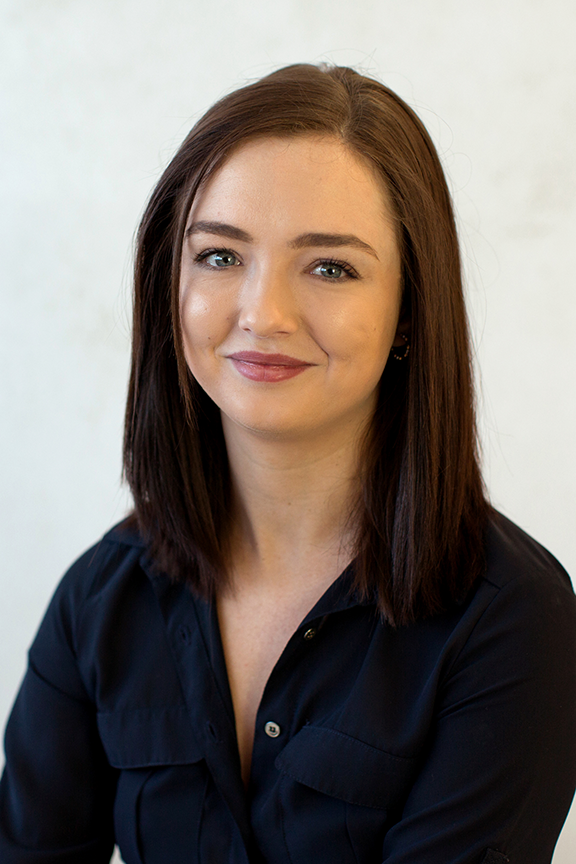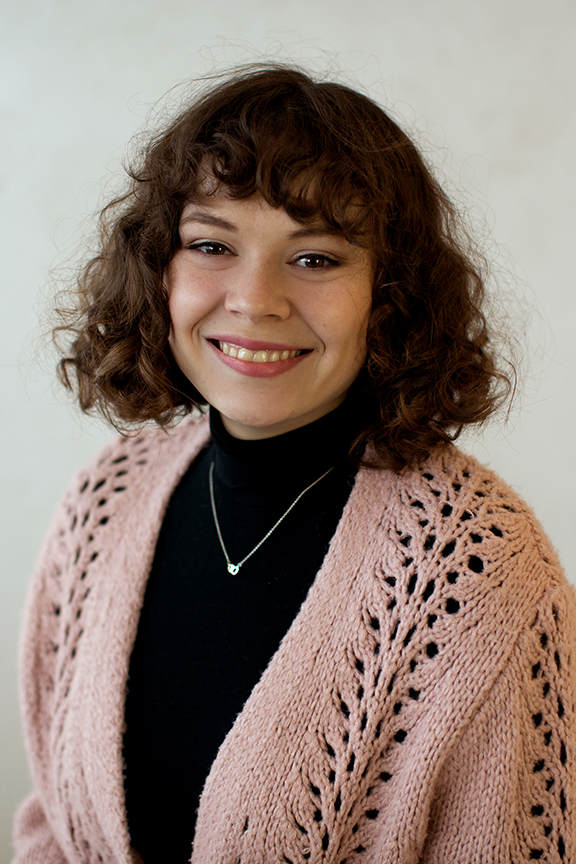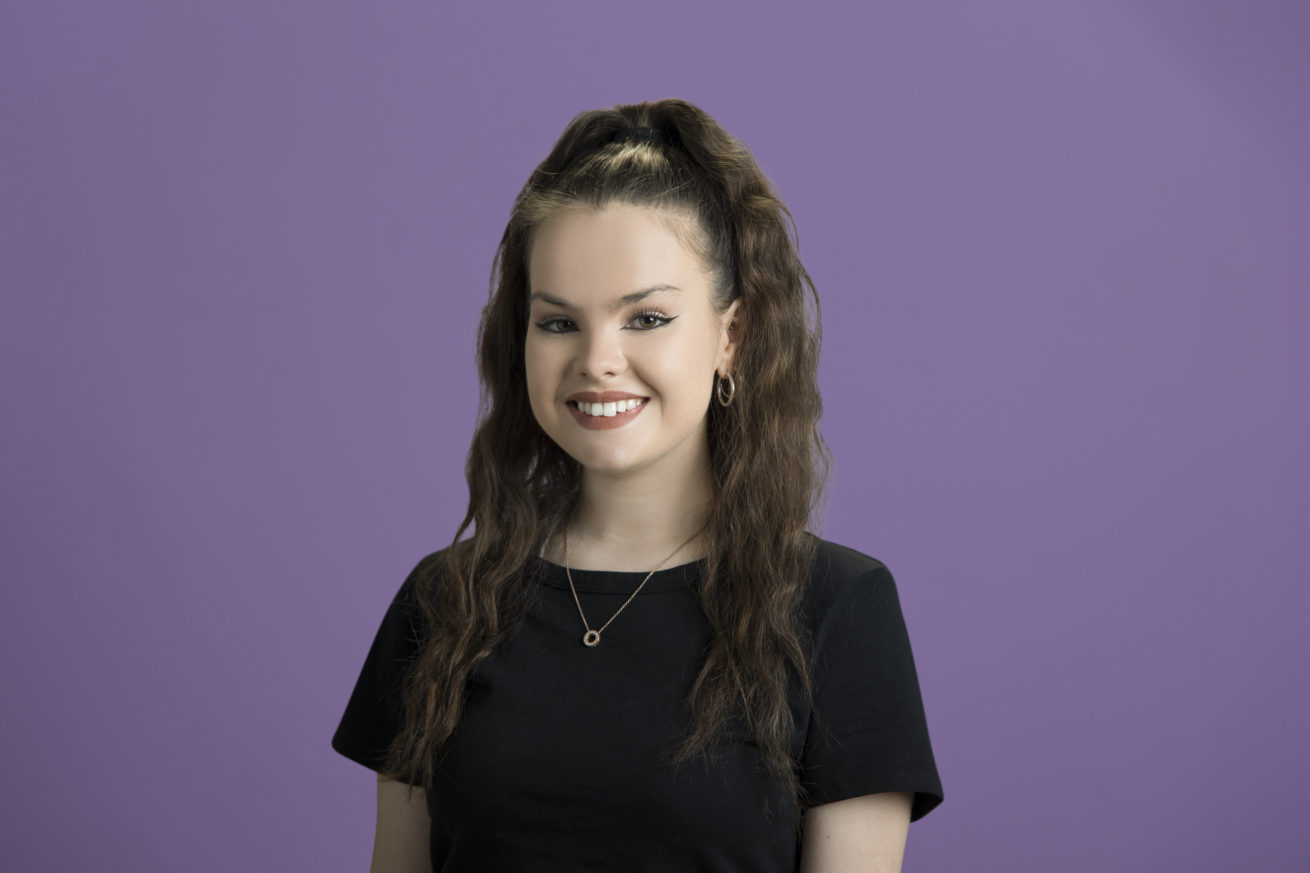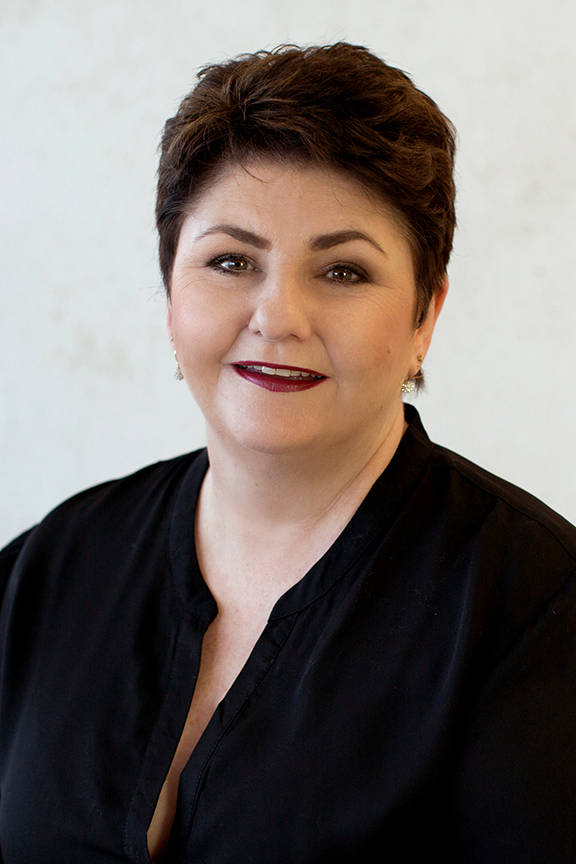
Ballet
Classical ballet is considered the foundation of dance as we know it. Ballet is a form of dance based on formalised movements and positions of the arms, feet and body to enable the dancer to move with the greatest possible agility, control, speed, lightness and grace.
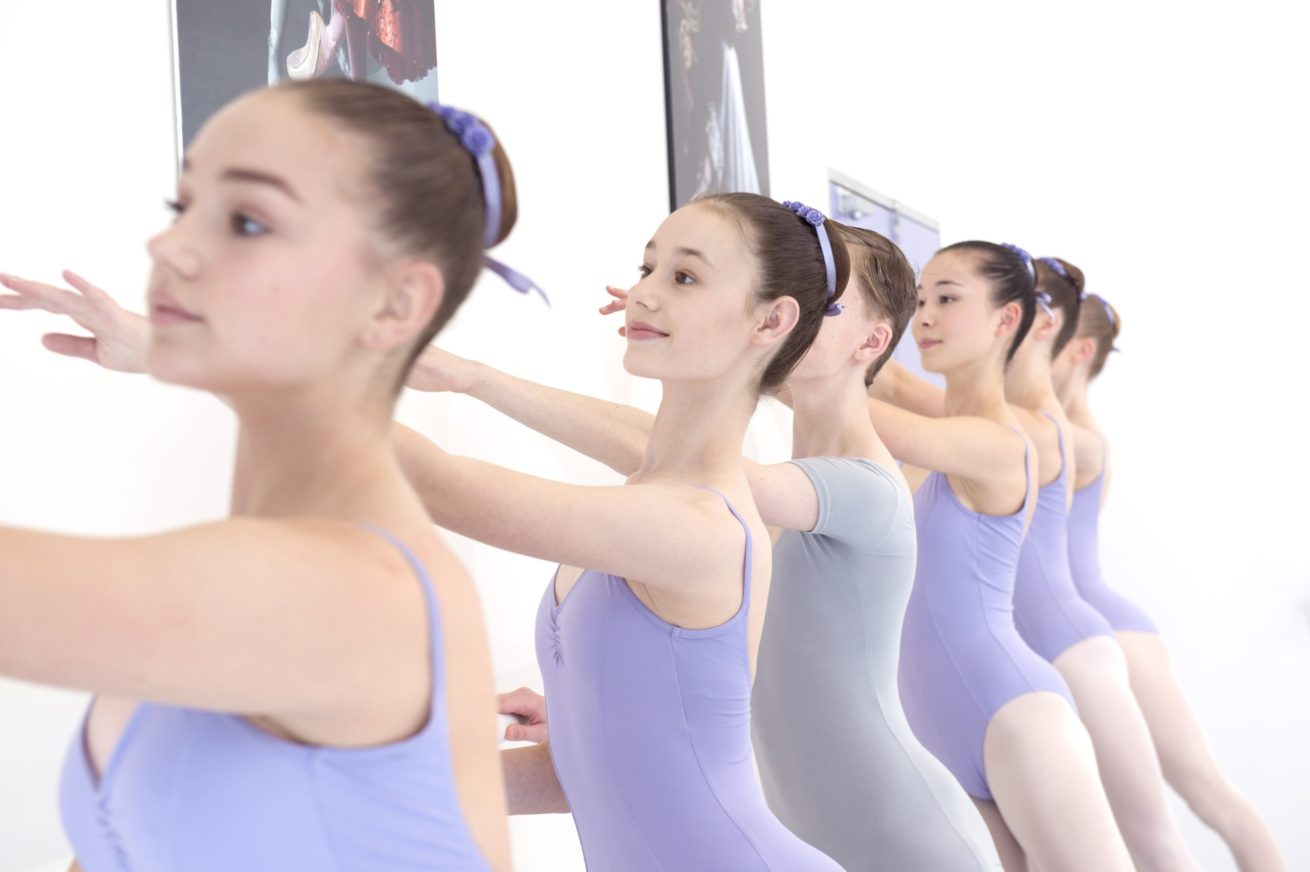
About Ballet
Classical ballet is considered the foundation of dance as we know it. Ballet is a form of dance based on formalised movements and positions of the arms, feet and body to enable the dancer to move with the greatest possible agility, control, speed, lightness and grace.
Ballet offers students the foundations of dance technique from which to develop and excel in other areas of dance. It encourages self-expression and self-discipline, develops listening skills, encourages students to follow instruction, assists in learning to work individually and in groups, develops coordination, good posture, strength and suppleness.
LCDC is proud to be a Royal Academy of Dance (RAD) registered school. The RAD is the world largest and most reputable classical ballet examination organisation, and is recognised all over the world. Our director, Lisa Clark, trained at the RAD College in London and holds the RAD Licentiate. All other ballet teachers at LCDC are either Registered RAD teachers or currently undertaking their teaching qualifications. The RAD syllabus develops students’ technical, musical and performance skills. Students will gain knowledge of the ballet vocabulary as well as the ability to interpret music which can be used across all styles of dance. The syllabus is designed to cater to those those dancing recreationally as well as those with dreams of turning dance into a career.
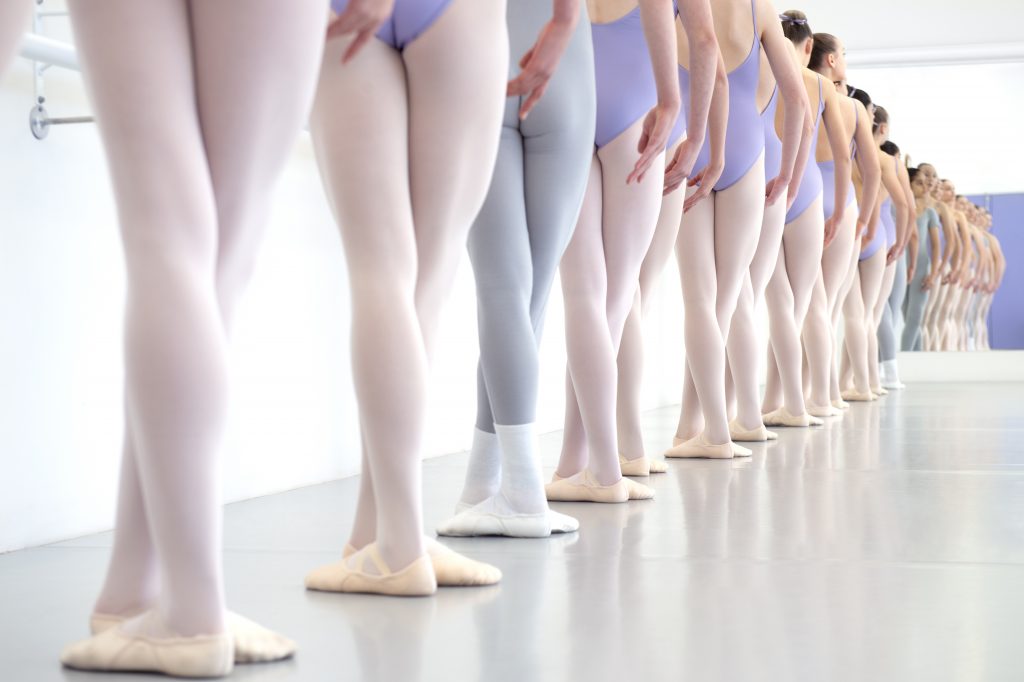
Graded Levels
Grade 3 Ballet (Year 4 equivalent)*
Grade 3 Ballet is the final year in the RAD syllabus where “feeling before form” is promoted – where students explore the freedoms of spinning, leaping and balancing before moving on to more structured development exercises in the higher grades. Grade 3 is an excellent grade for students coming to ballet for the first time while still being able to build their repertoire of steps before combining them all together in more complicated levels to follow. Also in Grade 3, students develop more of their ‘Character’ work as part of the RAD syllabus. They move on to wearing a slightly higher “cuban” heel and the character work starts taking inspiration from international dance styles such as Ukranian dance.
Grade 4 & 5 Ballet (Year 5 and 6 equivalent)*
Grade 4 & 5 of the RAD syllabus is designed to expand upon the foundations created from Pre-Primary through to Grade 3. In these grades the syllabus becomes more sequential in the exercises and promotes an age appropriate and sound technique for ballet, with a strong emphasis on technique including weight placement, core stability, as well as the visual aesthetics of ballet such as turn out and line. Grade 4 & 5 continue to have a strong emphasis of artistry and musicality, utilizing pieces of music from many well known ballets. Also in Grade 4 & 5, students continue to build their repertoire in ‘Charatcer’ work, adding to their repertoire Spanish influenced dance.
Grade 6, 7 & 8 Ballet
Grade 6, 7 & 8 Ballet, commonly known as the “higher grades” are the final grades in the RAD graded syllabus. These higher grades are suitable for students who have already worked through a number of the previous grades, and are highly recommended for students who are serious about dance without considering it a profession. Grade 6 & 7 feature beautifully choreographed classical exercises, based on the style of the Romantic period, as well as Free Movement and Character Work. Grade 8 is a performance exam based on a series of variations, presented to the examiner in a theatrical setting. Typically students take 1.5-2 years to complete each Grade due to the dramatic changes in presentation style and artistry required. As such, these grades are subject to each dancers progression. Only one class per week of each higher grade class is offered, and students must be enrolled a minimum of 2 vocational class to accompany their higher grade class.
Discovering Repertoire
Discovering Repertoire is a fairly new addition to the RAD, and LCDC is proud to be one of the few studios in Canberra offering these classes. Discovering Repertoire is a classical ballet performance syllabus taking inspiration and choreography directly from famous ballets such as Coppélia, Giselle, Sleeping Beauty and Paquita.
At LCDC, we offer Level 2 Discovering Repertoire for students in Grade 5 and/or Intermediate Foundation as an additional class. This is an excellent “bridging” class for students not yet ready to take their Intermediate Foundation exam but who are passionate about their ballet and are keen to work hard and push themselves. Examinations and Class Awards are available for most students taking Discovering Repertoire in addition to Graded and/or Vocational classes
Vocational Levels
Intermediate Foundation & Intermediate
Intermediate Foundation & intermediate are the first two levels of the RAD Vocational Syllabus. At LCDC, we introduce students to the Intermediate Foundation syllabus when they are in Grade 5 Ballet as an additional class to help them transition towards the vocational levels. These levels centre around carefully structured work that has been devised as a tool to showcase young dancers (from age 11) technique, musicality and artistry. These levels include the beginning of training for pointe work.
Advanced Foundation, Advanced 1 & Advanced 2
Advanced Foundation, Advanced 1 and Advanced 2 further extend and develop the dancer towards a pre-professional level. The technical and artistic skills required to be successful in these levels are of a high standard. The Advanced levels are an excellent step towards a career as a professional dancer or teacher.
Examinations & Assessments
As a RAD registered school, LCDC is proud to be able to offer Graded Examinations and Assessments through the RAD, as well as Vocational Examinations.
The majority of students at LCDC from Grade 3 Ballet and above take their grade Exams, and attend two classes per week throughout the year to work towards this goal. On a case by case basis, students in Grades 4-5 may take their Class Award (a less formal version of an examination where there is no pass or fail and no mark is given) if they are not ready to take a full Exam. Students only attending one class per week from Grade 3 Ballet and above will not be considered for Exams or Class Awards as the syllabus requires more from the dancer than 1-1.5 hours per week.
Students in Grade 6, 7 and 8 will progress through the exams at their own pace, often taking 1.5 years to be prepared to take the exam for each level. This is considered on a case by case basis. Class Awards are not offered for these levels.
Students also progress through the Vocational Levels at their own pace, and each student is assessed on a case by case basis with these levels. Students cannot take their Intermediate Foundation Exam unless they are en pointe as 10% of the marks in the exam are dedicated to pointe work specifically, and as such it may take some students longer to take their Intermediate Foundation exam.
Intermediate Foundation is not a compulsory examination, however almost all students at LCDC will take this exam if they are committed and have been doing ballet for a number of years. Exceptional students may skip Intermediate Foundation if the work is not challenging enough. This decision is made by the teacher and in consultation with parents.
Intermediate is a compulsory examination and students are not able to progress with their exams in the Vocational Levels without passing this exam. As a primarily classical school, students are highly encouraged to work towards taking this exam. On a case by case basis, for example, a student only attending 2x Vocational classes per week but taking all other classes, and not focusing on a career in dance, may be able to progress with the majority of their level without taking the exam. It’s important to note this student will not be able to take a higher level exam without passing this exam.
Advanced Foundation is also a non compulsory level, though the majority of students do take this exam. By Advanced 1 and 2, students wanting to pursue a career in dance whether as a dancer or a teacher should be working towards taking each exam. These exams are suited to determined, committed and capable dancers.
For all Graded and Vocational Exams, students are required to attend holiday classes which are typically held in the 2nd week of the July school holidays. On the assessment day, students come early to the studios to get their hair done beautifully and spend some time with their teachers to help them feel calm and confident. It’s a really wonderful experience.
Pricing
An annual enrolment fee of $35 applies to all students. A 10% discount applies to families with multiple students. Costumes, special events and exam classes are payable separately. If vacancies allow, students are welcome to enrol mid-term and pro-rated from week 3 onwards.
See what our parents have to say

Brilliant teachers who are knowledgeable about their craft as well as being sensitive to children’s needs. Also a very well organised dance school with excellent communication to parents.- Kristy

My daughter has been attending since she was 3 years old and is now about to turn 8. It is a fantastic school with just the right balance of making it super fun for the kids, but teaching discipline, respect and deportment. My daughter and I have both made great friends here and it is a wonderful community. I highly recommend this school!- Amy

Love the values that are instilled in the kids and the fun, safe and healthy environment they get to dance in. So many friends made and such a great network of people - for both kids and parents.....- Taryn
4.9 out of 5 based on 46 reviews
Book a free trial
Get in touch with us to discuss your dancers needs and to book in a free trial.
Already danced with LCDC before? Enrol Here
